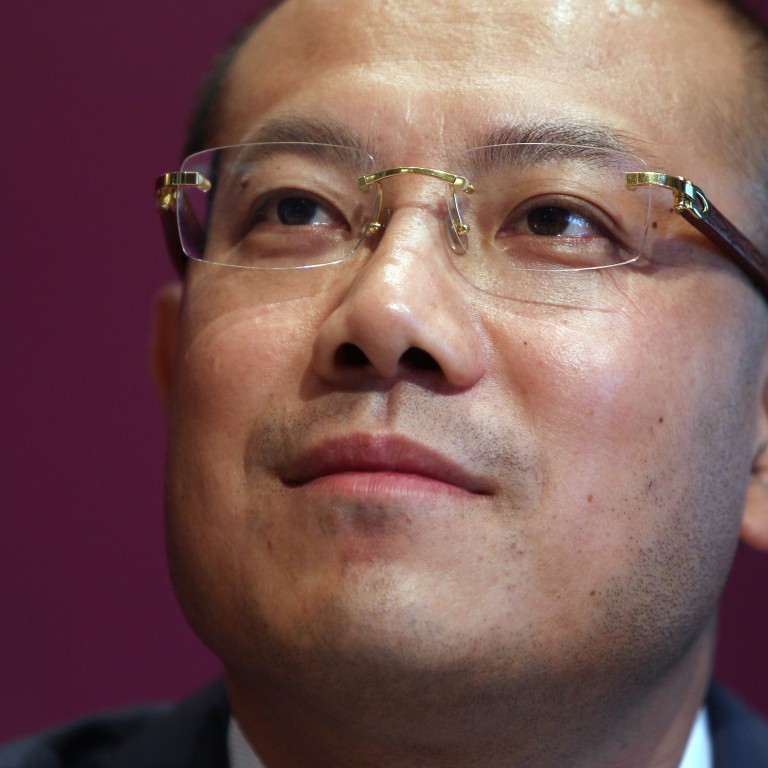
Greenland to diversify into internet finance
Greenland Hong Kong, the Hong Kong-listed unit of the mainland’s largest developer by sales, announced it would diversify into internet finance this year, hoping to capitalise on the cyber world to offer financial services to cash-strapped mainland developers.
“Apart from selling high-quality properties, we are determined to embrace the internet because we believe it can broaden our business scope,” said chief operation officer Hou Guangjun. “Our online financial services will be distinctive from the popular P2P models.”
Greenland Hong Kong will follow in the footsteps of Dalian Wanda Group, the mainland’s commercial property giant, to formally tap the fast-growing internet finance businesses in search of a growth engine in a slowing property market.
Greenland Hong Kong, whose parent is Greenland Group, plans to create a so-called marketplace lending model under which it would raise funds via the internet while channeling the capital into property projects.
The diversification is in line with the company’s aggressive sales target of 18 billion yuan for 2015, nearly 50 per cent higher than 2014.
Presently, the mainland has about 2,000 online person-to-person (P2P) lending platforms, a major element of the burgeoning internet finance sector that serves as matchmaker for borrowers and lenders.
The P2P model is believed to be playing a vital role in helping Premier Li Keqiang’s thrust to reform the banking sector dominated by state-owned lenders.
You Defeng, chief financial officer at Greenland Hong Kong, said the company would merge online fundraising practices with high-quality property development, expecting to benefit cash-hungry mainland developers.
“We hope to generate concrete results in the property industry as Greenland could better use its resources and credibility to help other developers complete their projects,” he said. “We’ll be fully involved in the whole process of fundraising, development, and management of selective projects.”
Shanghai-based Greenland Group leapfrogged China Vanke to become the mainland’s largest developer by sales last year.
Executives at Greenland Hong Kong said it could take advantage of the parent’s credibility and huge base of clients around the world to support its diversification into finance.
Greenland Hong Kong completed a back-door listing in Hong Kong after buying 60 per cent of the enlarged issued capital of SPG Land (Holdings) in August 2013.
We’ll be fully involved in the whole process of fundraising, development, and management of selective projects
Following a massive restructuring, the company reported sales of 12.9 billion in 2014, up 369 per cent from the previous year.
Chen Jun, chairman of Greenland Hong Kong, told the South China Morning Post in an earlier interview that the company targeted annual sales of 50 billion yuan by 2018.
Last year, Greenland Hong Kong set up Blackwood Capital, an asset management unit in Hong Kong, as part of its efforts to develop financial businesses.
Blackwood has launched a real estate investment fund after raising US$1 billion of overseas funds.
An increasing number of Chinese developers are grappling with cash crunch owing to the slowing property market and tightened credit by banks.
You said Greenland Hong Kong’s financial services would target lucrative projects developed by small firms unable to secure loans from banks.
In December, Wanda bought a controlling stake in third-party payment processor 99Bill, taking an initial step towards exploring internet finance.
Greentown China Holdings chairman Song Weiping said at the end of last year that the developer would design financial products to raise funds from cash-rich mainlanders as a way of bankrolling real estate projects.

